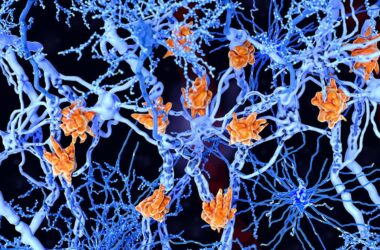Garlic, leeks, onions, dandelion greens, and Jerusalem artichokes are the top five prebiotic-rich foods that can help boost gut health. Prebiotics are a type of fiber that acts as a food source for probiotics, which are beneficial bacteria that support a healthy community of microbes in the gastrointestinal tract. This, in turn, has been linked to immune system health and protection against certain medical conditions.
Researchers Cassandra Boyd and John Gieng from San José State University, California, analyzed the prebiotic content of various foods. They found that the top five prebiotic-containing foods, in descending order, were dandelion greens, Jerusalem artichokes, garlic, leeks, and onions. These foods have between 100 and 240 milligrams of prebiotics per gram.
The International Scientific Association for Probiotics and Prebiotics recommends a daily prebiotic intake of around 5 grams. According to Boyd, this could be achieved by consuming just half a small onion.
Other food sources that contain these prebiotic-rich vegetables include onion rings, creamed onions, asparagus, and black-eyed beans. However, around 37% of the analyzed foods contained no prebiotics, including wheat, dairy, eggs, oils, and meats.
In addition to potentially benefiting gut health, prebiotics are a type of dietary fiber, which promotes good digestion. Data shows that fiber intakes are insufficient worldwide, and by consuming more prebiotic fiber, individuals can also increase their overall fiber intake.
Insights:
- Garlic, leeks, onions, dandelion greens, and Jerusalem artichokes are the top five prebiotic-rich foods for optimal gut health.
- Prebiotics are a type of fiber that acts as food for probiotics, supporting a healthy community of microbes in the gut.
- Dandelion greens topped the list of prebiotic-containing foods, followed by Jerusalem artichokes, garlic, leeks, and onions.
- The recommended daily prebiotic intake is around 5 grams, which can be achieved by consuming half a small onion.
- Other foods that contain prebiotic-rich vegetables include onion rings, creamed onions, asparagus, and black-eyed beans.
- About 37% of analyzed foods do not contain prebiotics, including wheat, dairy, eggs, oils, and meats.
- Increasing prebiotic fiber intake can also help improve overall fiber intake, which is insufficient globally.








